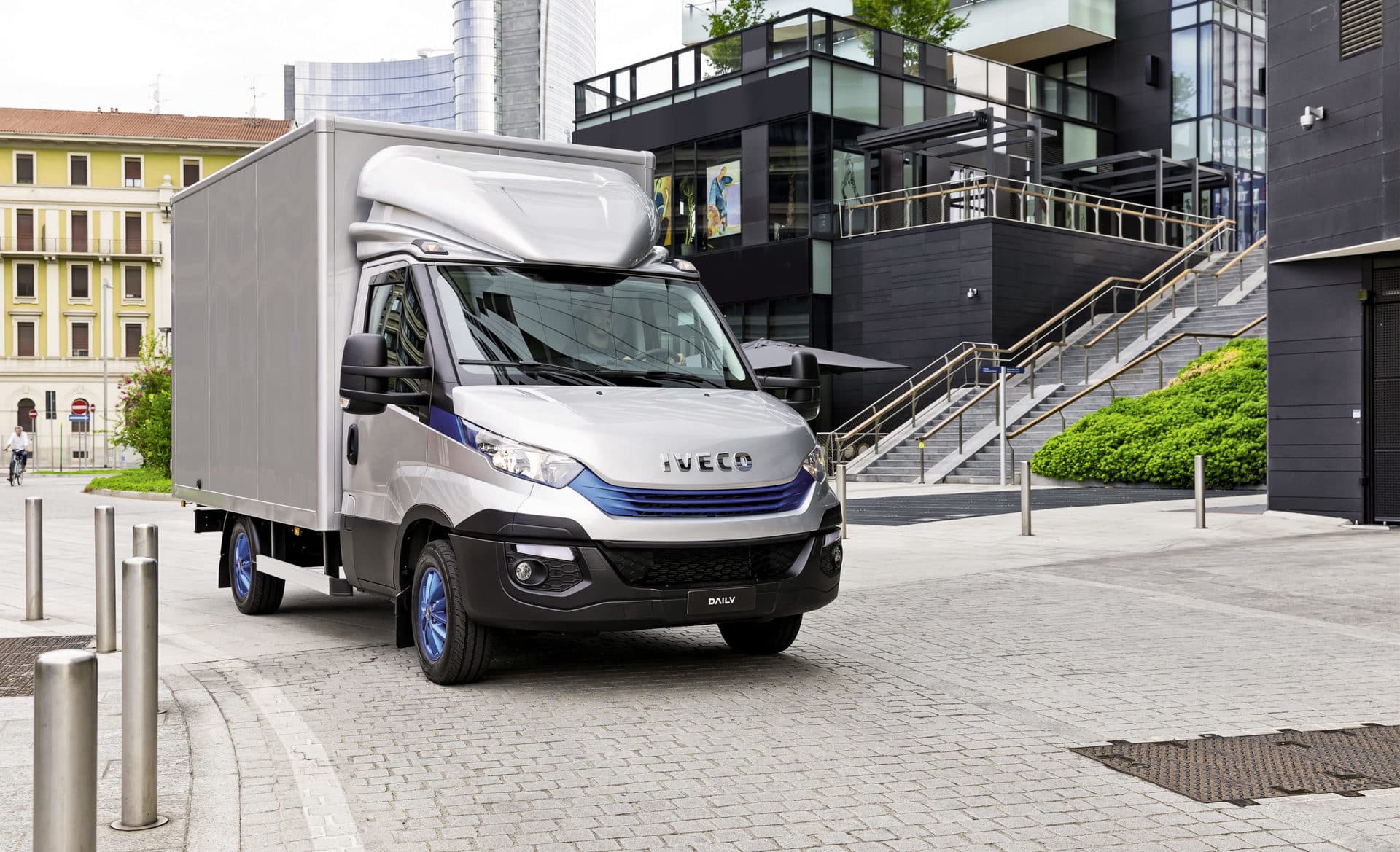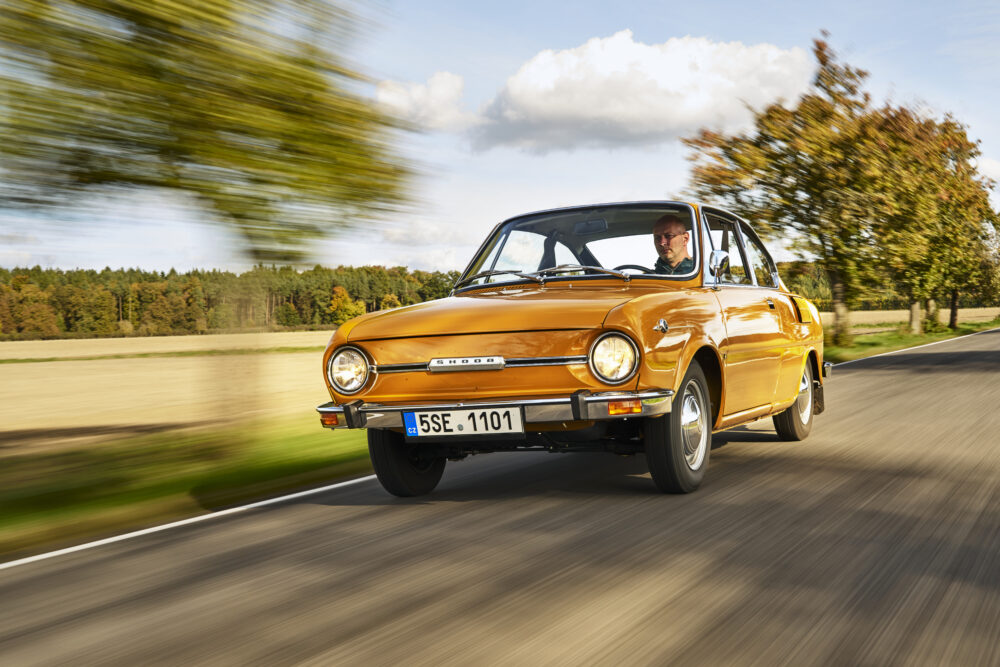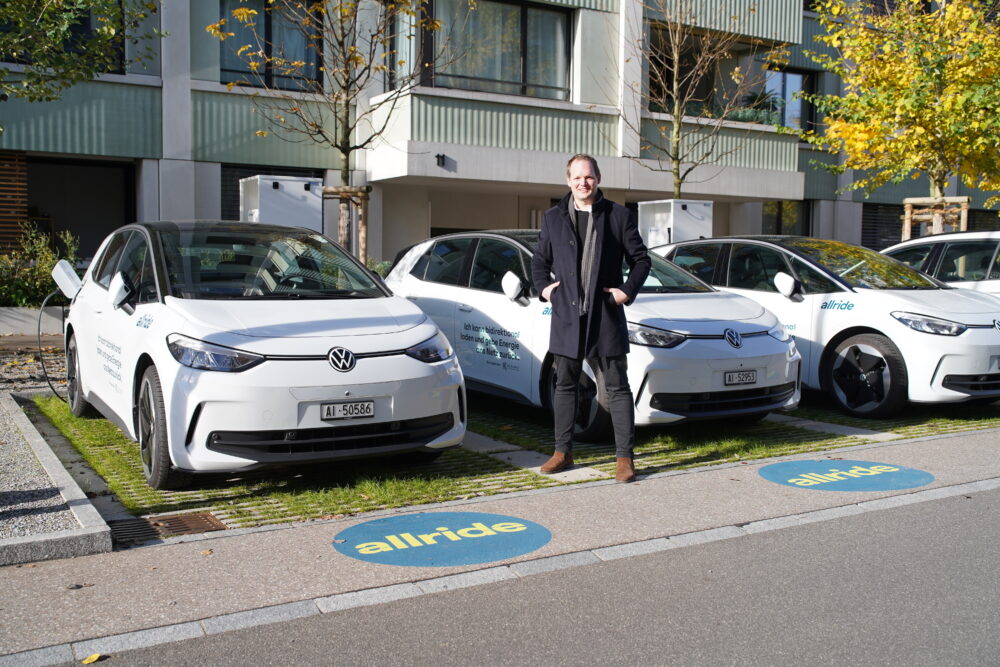Environmental transporter: weight is a handicap
FUTURE There are many arguments in favor of sustainable drive systems for light commercial vehicles. Now, Federal Councilor Simonetta Sommaruga wants to remove a handicap for electric, natural gas and biogas drives. Since 2014, electrically powered vans with a gross weight of up to 4.25 tons have also been allowed to be driven in Germany with a Category B driver's license (up to 3.5 tons). In doing so, the German government wanted to eliminate the [...]

Since 2014, electrically powered vans with a total weight of up to 4.25 tons may also be driven in Germany with a category B driver's license (up to 3.5 tons). In this way, the German government wanted to compensate for the disadvantage of electric vehicles caused by the heavy batteries, especially compared to diesel.
With immediate effect, this increase in the permissible gross weight in Germany also applies to vans powered by natural gas. Because of the additional gas tanks, they too are somewhat heavier than their cousins with compression-ignition engines and are now allowed to weigh a maximum of 4.25 tons.
Adapt legal basis
The Swiss government is also working on a regulation to make alternatively powered vans not only ecologically but also economically more attractive. The National Council and Council of States have approved a motion to this effect by Jacques Bourgeois (FDP). The Federal Council has also spoken out in favor.
The National Council literally targets electric vehicles in its proposal, calling for "the legal basis to be adapted to compensate for the weight of electric batteries in vans in the 3.5-ton category.""
Natural gas drive is an alternative
Transport Minister Simonetta Sommaruga (SP) argued in the debate in the Council of States that the increase in total weight should not only apply to electric vehicles: "In terms of alternative drives, we must have a certain flexibility." He added that one cannot focus only on batteries now. At the present time, only natural gas can be considered as another alternative.
Problems during emergency braking
However, it also seems clear that the new regulation will not be on the table overnight. In the debate, Federal Councillor S also pointed out safety issues due to the higher weight: "In the event of an emergency braking, it doesn't matter whether the extra weight comes from a battery or simply from the fact that the payload has been increased. In other words, the vehicles must meet all the safety requirements of their weight class. Climate protection measures must not come at the expense of road safety."








